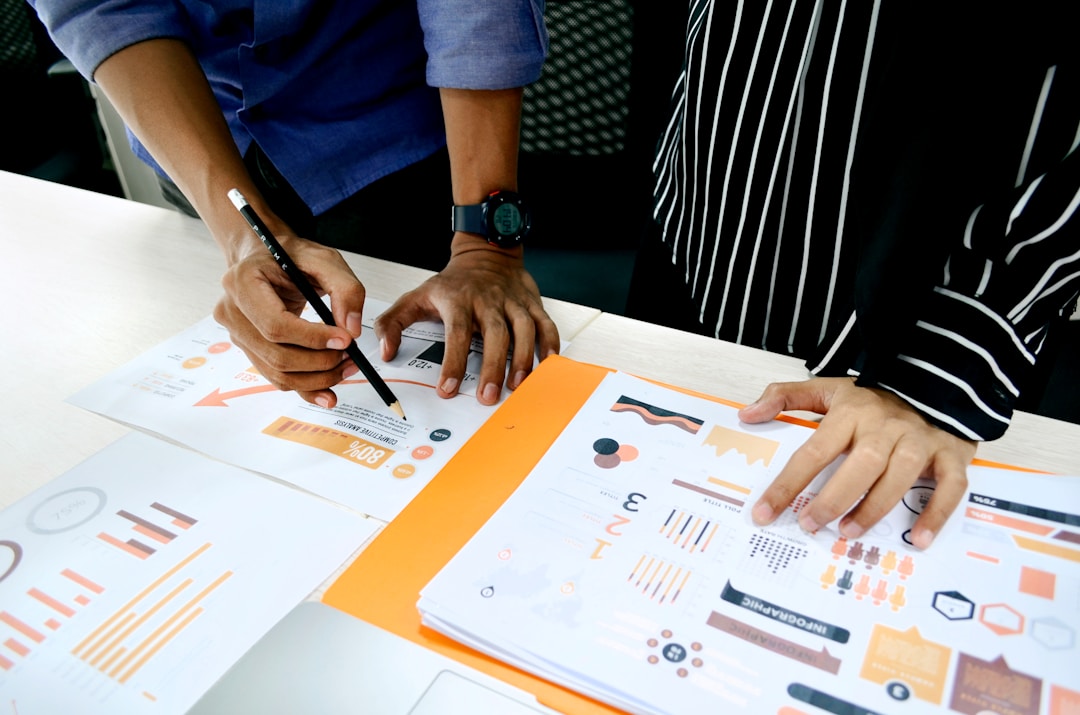In 2020, Medium reported that the most valuable commodity in the world was data. Others classify data as a non-fungible asset. Whether you consider data a commodity or an asset, data is valuable. Businesses in all industries rely on data to make operational decisions. Data scientists are the ones who gather and make sense of data.
Although data scientists and businesspeople both consider data valuable, they think about data differently. Examining how data scientists work with data and how businesspeople use data highlights the different ways scientists and businesspeople view data.
Data Scientists
Data scientists are information technology (IT) professionals who gather structured, noisy, and unstructured data and turn it into information. Scientists combine computer science, statistics, psychology, engineering, and communication to perform their tasks. Their strong technical skills enable them to collect and process data. They use principles of psychology and communication to understand what questions to pose and where to locate appropriate data. They’re like bakers because they collect the ingredients they need and know what to do with them to transform them into meaningful information.
Suppose these scientists work for a company producing medical equipment, determining how to allocate their research and development funds. They’ll gather large data sets about health care from various sources. Once they’ve mined the data, they use data analytics to review raw data and convert it into meaningful information. Data analytics software looks for trends and patterns to reach informed conclusions. For example, the trends might identify increasing health conditions or illnesses with low survival rates because current diagnostic equipment can’t detect the condition in the early stages. Scientists can work with large volumes of data and add new data to their analyses, enabling them to use prescriptive analytics to provide real-time insights, which is one of the benefits of data analytics.
Scientists also use predictive analytics to forecast future events. Processing medical data can help them determine which illnesses will affect the most people in the next decade or how a new medication will affect people’s treatment outcomes for different conditions.
Individuals interested in a data analyst or scientist career can begin their journey by earning an associate degree in business information technology. Earning an AAB degree involves completing 60 credit hours of courses, including workplace communications, spreadsheet applications, fundamentals of data visualization, and introduction to statistics. An associate degree in business information technology prepares graduates to pursue opportunities as information, customer service, or social media coordinators. Graduates can also continue their studies and pursue opportunities in data analysis.
Business Professionals

While scientists gather and process the ingredients, businesspeople focus on the information produced from the data. In this analogy, information is like cake. It’s the result of gathering and processing raw data.
Once data is analyzed, scientists have answers to the questions they posed. They use data visualization to present reports to businesspeople, who use those reports to make decisions. Executives overseeing a company that manufactures computers can use the reports to determine whether there’s greater demand for tablets, computers, or two-in-ones. Processed data can help them understand how computer chip shortages will affect operations over the next three, six, or nine months.
Scientists think more about what the data means and how to manipulate data to answer specific questions. Businesspeople act on the processed data. Thanks to a range of analytics techniques, executives can now understand the immediate and long-term implications of global events and how to adjust their business operations to prevent losses or respond to an emerging need. For example, the COVID-19 pandemic affected international shipments, which impacted production schedules. It also altered demand for products, prompting alcohol companies to produce hand sanitizers to meet demand.
Data scientists and businesspeople work with data in different ways. Scientists determine where to locate data and how to process it to answer specific questions. Businesspeople take the information produced and use that to make business decisions.
Read more A Seller’s Guide to Amazon Marketing Services (AMS)







